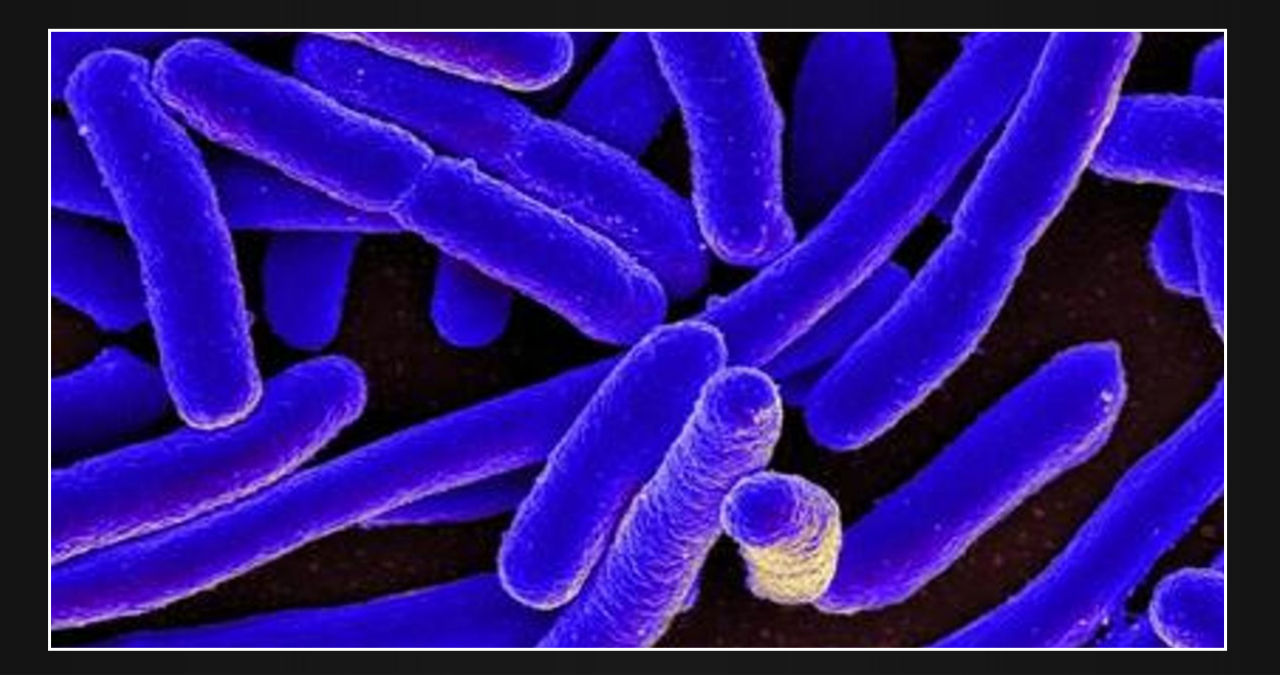Federal officials have reported that contaminated food from McDonald’s has caused sick in at least four individuals in Missouri.
The E. coli outbreak, which has affected over 70 individuals nationwide, includes four cases that have been identified. Federal officials, however, have not provided specific information regarding the locations where people contracted the illness.
The outbreak of illness is linked to the consumption of Quarter Pounder hamburgers from the fast-food giant. A majority of the individuals affected by the outbreak reported having consumed these sandwiches prior to falling ill.
McDonald’s has taken action in certain areas, including parts of Missouri, to address the potential source of illness by discontinuing the use of slivered onions and beef patties.
According to the Centers for Disease Control and Prevention, there have been no reported cases of the outbreak in Illinois. However, it is important to note that confirming whether or not cases are part of the outbreak can take several weeks. Additionally, it is worth mentioning that many individuals who become ill do not report their symptoms.
According to the CDC, the infection was most commonly reported in early October, with Montana, Nebraska, and Colorado experiencing the highest number of cases. Tragically, one individual, described by health authorities as an “older person” from Colorado, has passed away.
E. Coli resides in the intestinal tracts of both humans and animals. While most strains are harmless or even beneficial for digestion, certain types can lead to unpleasant symptoms such as diarrhea, dizziness, fever, dehydration, stomach cramps, and vomiting. The onset of E. coli infection symptoms typically occurs approximately three days after the ingestion of harmful bacteria.
If you experience any symptoms after dining at McDonald’s, it is important to reach out to a healthcare professional and inform them about your situation. Seeking medical attention is crucial in order to receive appropriate care and treatment.

